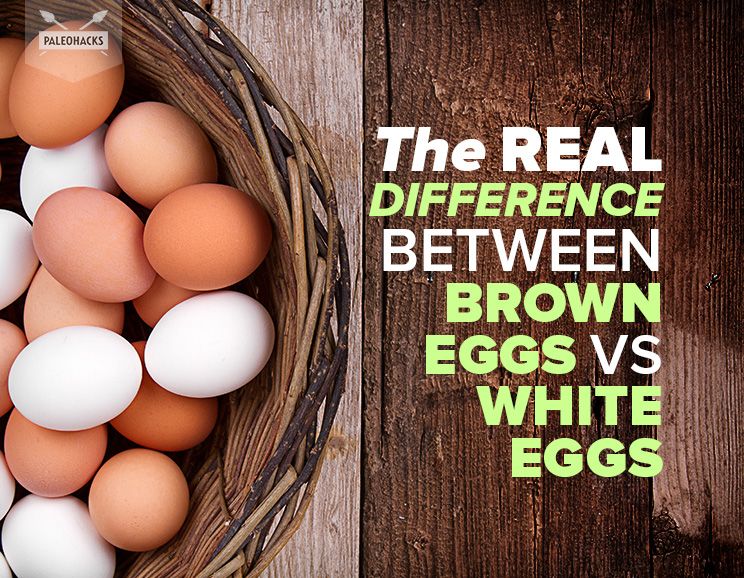Eggs are a staple food in many households, whether they are fried, scrambled, boiled, or baked. But have you ever wondered why some eggs are brown and some are white? Is there a difference between them? In this article, we'll explore the differences between brown and white eggs.
Color of the Eggs

The most obvious difference between brown and white eggs is their color. Brown eggs come from certain breeds of chickens, while white eggs come from others. The color of the eggs has nothing to do with their nutritional value or taste.
Some people believe that brown eggs are healthier than white eggs, but this is just a myth. The color of the eggshell has no impact on the nutritional value of the egg.
Chickens that Lay Brown Eggs
The color of the eggshell depends on the breed of the chicken that laid it. Chickens that lay brown eggs are typically larger and require more food than those that lay white eggs. Some of the breeds that lay brown eggs include Rhode Island Reds, Plymouth Rocks, and Sussex.
These chickens are often used for both meat and egg production because they are hardy and can lay eggs consistently throughout the year.
Chickens that Lay White Eggs

Chickens that lay white eggs are typically smaller and require less food than those that lay brown eggs. Some of the breeds that lay white eggs include Leghorns, Hamburgs, and Campines.
These chickens are often used for commercial egg production because they can lay more eggs than other breeds. They also produce eggs with a thinner shell, which makes them easier to package and transport.
Nutritional Value
When it comes to nutritional value, there is no difference between brown and white eggs. Both types of eggs contain the same amount of protein, fat, and cholesterol. They also contain essential vitamins and minerals like vitamin D, vitamin B12, and iron.
However, the nutritional value of an egg can vary depending on the diet of the chicken that laid it. Chickens that are fed a diet high in omega-3 fatty acids can produce eggs that are higher in this nutrient.
Taste and Texture

Many people believe that brown eggs taste better than white eggs, but this is simply a matter of personal preference. The taste and texture of an egg depend on how it is cooked, not the color of the shell.
Eggs that are cooked for a shorter period of time will have a softer texture, while eggs that are cooked for a longer period of time will have a firmer texture. The way an egg is cooked can also affect its taste.
Conclusion
In conclusion, there is no major difference between brown and white eggs when it comes to their nutritional value or taste. The color of the eggshell is determined by the breed of the chicken that laid it, and has no impact on the quality of the egg.
When it comes to buying eggs, choose the ones that fit your budget and personal preferences. Whether they are brown or white, eggs are a nutritious and versatile food that can be enjoyed in a variety of ways.